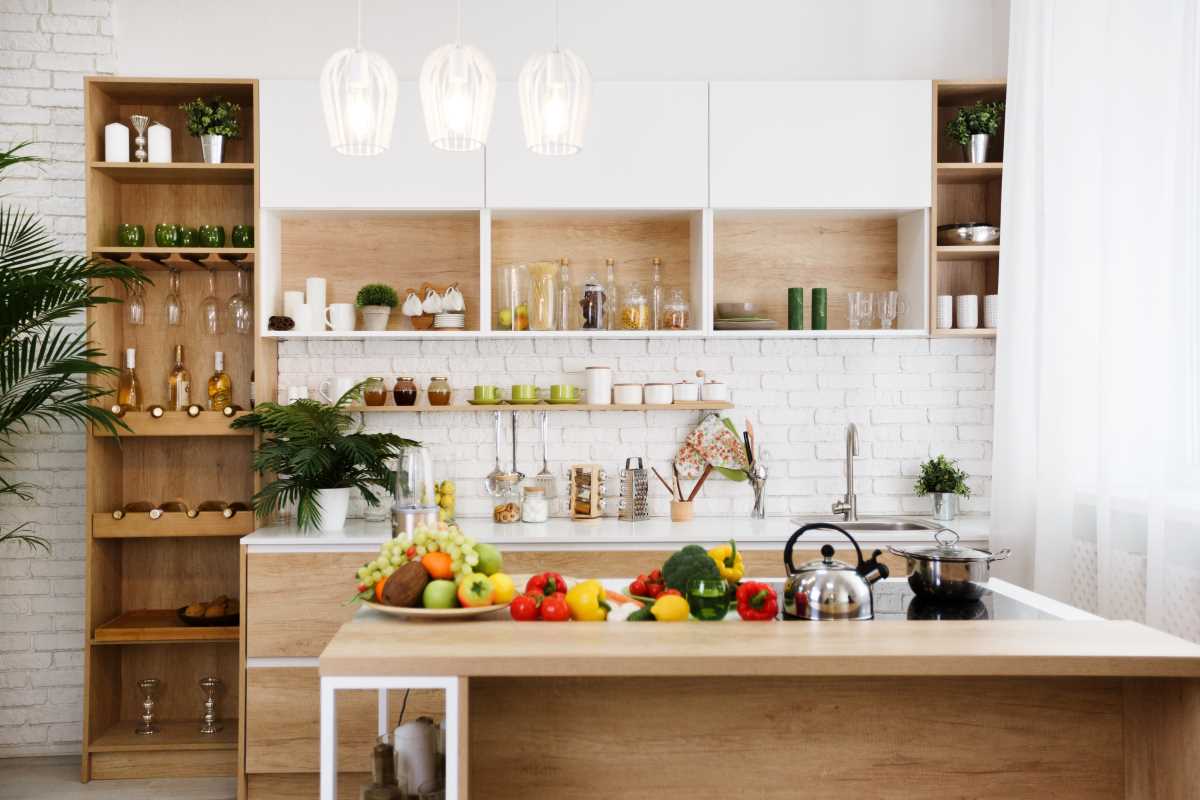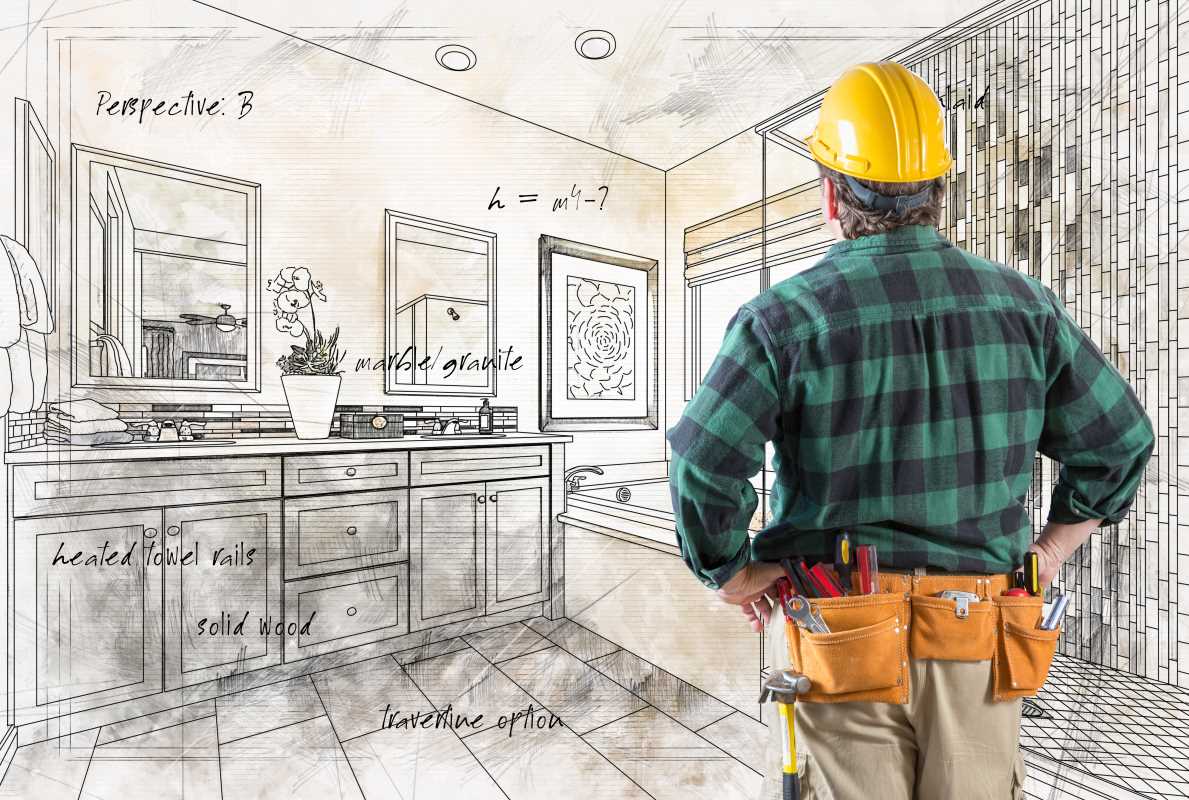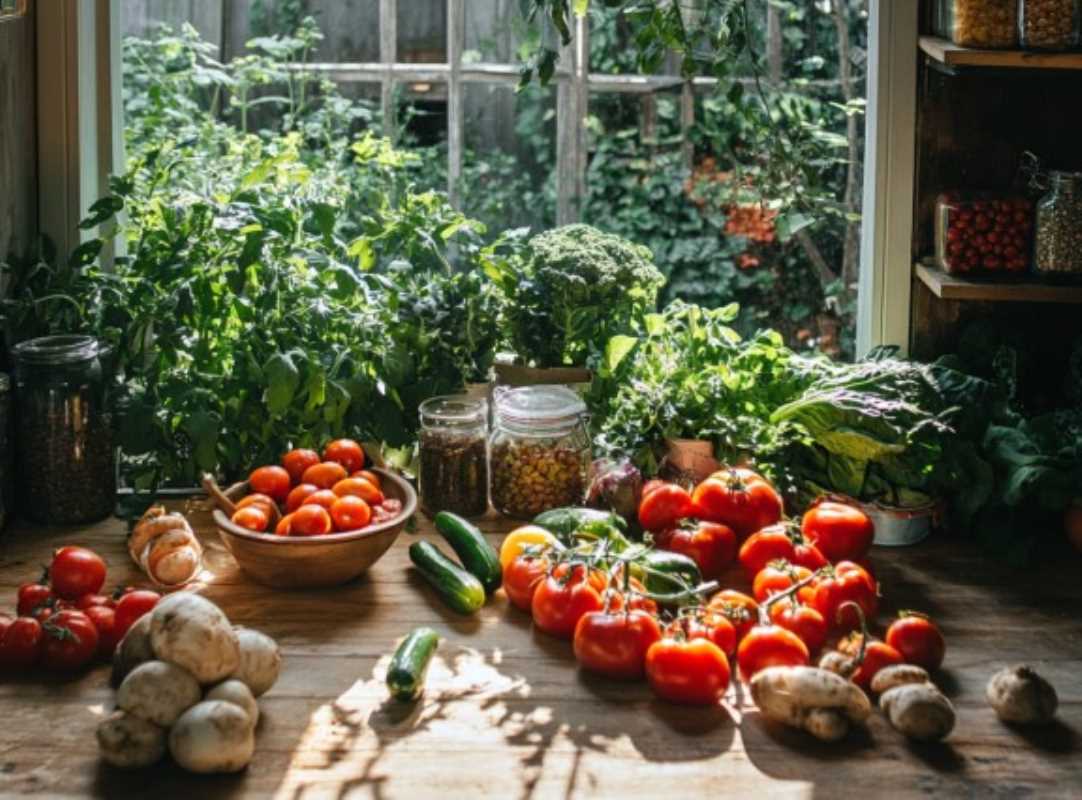Imagine stepping into your kitchen and knowing that every action you take contributes to a healthier planet. A zero-waste kitchen is a meaningful and impactful lifestyle change that helps reduce your environmental footprint. Through sustainable practices, like composting food scraps, choosing reusable containers over single-use plastics, and shopping for unpackaged or locally sourced ingredients, you actively conserve resources and minimize the waste in landfills or oceans. Beyond these benefits, a zero-waste kitchen promotes mindful consumption, encourages creativity in using leftovers, and inspires those around you to adopt eco-friendly habits. It's a simple yet powerful way to care for both your well-being and the Earth's future.
Understanding Zero-Waste Living
- Refuse: Decline unnecessary items, such as single-use plastics, to prevent creating waste in the first place.
- Reduce: Minimize the amount of waste you generate by choosing products with less packaging and avoiding overconsumption.
- Reuse: Opt for reusable containers, bags, and utensils instead of disposable ones to extend the life of materials.
- Recycle: Properly sort and recycle materials that cannot be reused to ensure you process them correctly.
- Rot: Compost organic waste like food scraps and yard waste to enrich the soil and reduce landfill volume.
Assessing Your Current Kitchen Practices
- Do you frequently use disposable plates, cups, and utensils?
- Are you relying heavily on single-use plastic wrap and bags for food storage?
- How often do you throw away food before it spoils?
- Do you purchase items with excessive packaging?
- Is there a lack of recycling or composting systems in your kitchen?
Essential Steps to a Zero-Waste Kitchen
- Start with Cleaning: Replace paper towels with reusable cloths and switch to biodegradable dish soaps to reduce chemical runoff.
- Invest in Reusables: Purchase durable items like stainless steel containers, glass jars, and bamboo cutting boards to replace disposable alternatives.
- Smart Shopping: Plan your meals and create a shopping list to avoid overbuying and reduce food waste.
- Store Food Properly: Use airtight containers and learn proper storage techniques to extend the freshness of your groceries.
- Implement Composting: Set up a compost bin for organic waste, turning scraps into nutrient-rich soil for your garden.
- Recycle Responsibly: Educate yourself on local recycling guidelines and ensure you're sorting materials correctly.
- Embrace Minimalism: Keep your kitchen clutter-free by only keeping essential items, making it easier to maintain a zero-waste environment.
Sustainable Shopping Tips
- Bring your own reusable bags, containers, and produce bags to avoid single-use plastics.
- Choose bulk sections for grains, nuts, and spices to reduce packaging waste.
- Select products with minimal or recyclable packaging to make recycling easier.
- Support local farmers and markets to decrease the carbon footprint associated with long-distance food transportation.
- Prioritize purchasing items that align with a sustainable future, ensuring that your choices contribute positively to environmental conservation.
Organizing Your Kitchen Efficiently
Maximizing your kitchen space not only makes it easier to find what you need but also helps reduce clutter and waste. Consider implementing storage solutions like adjustable shelving, pull-out drawers, and multi-functional furniture to optimize your kitchen layout. Embracing simple organization techniques can streamline your cooking process, making it more enjoyable and efficient.
Labeling containers and using clear storage can help you keep track of your supplies, ensuring nothing goes to waste. Organize your kitchen in a way that groups similar items together to enhance functionality and reduce the temptation to buy unnecessary items.
Composting and Waste Disposal
Effective composting is a cornerstone of a zero-waste kitchen. By composting fruit and vegetable scraps, coffee grounds, and other organic materials, you not only divert waste from landfills but also create valuable compost that can enrich your garden soil. Various composting methods suit different lifestyles, including countertop composters for small spaces and outdoor bins for larger households.
Separate your recyclables, compostables, and landfill waste correctly to ensure you process each type appropriately. Educate yourself on what materials you can recycle in your area and invest in proper storage bins to make sorting waste hassle-free.
Transitioning to a zero-waste kitchen may seem impossible at first, but taking it one step at a time can make the process manageable and rewarding. Applying these actions contributes to a more sustainable home and a healthier planet. Start today, and enjoy the benefits of an eco-friendly lifestyle that reflects your commitment to making a positive impact.
 (Image via
(Image via





